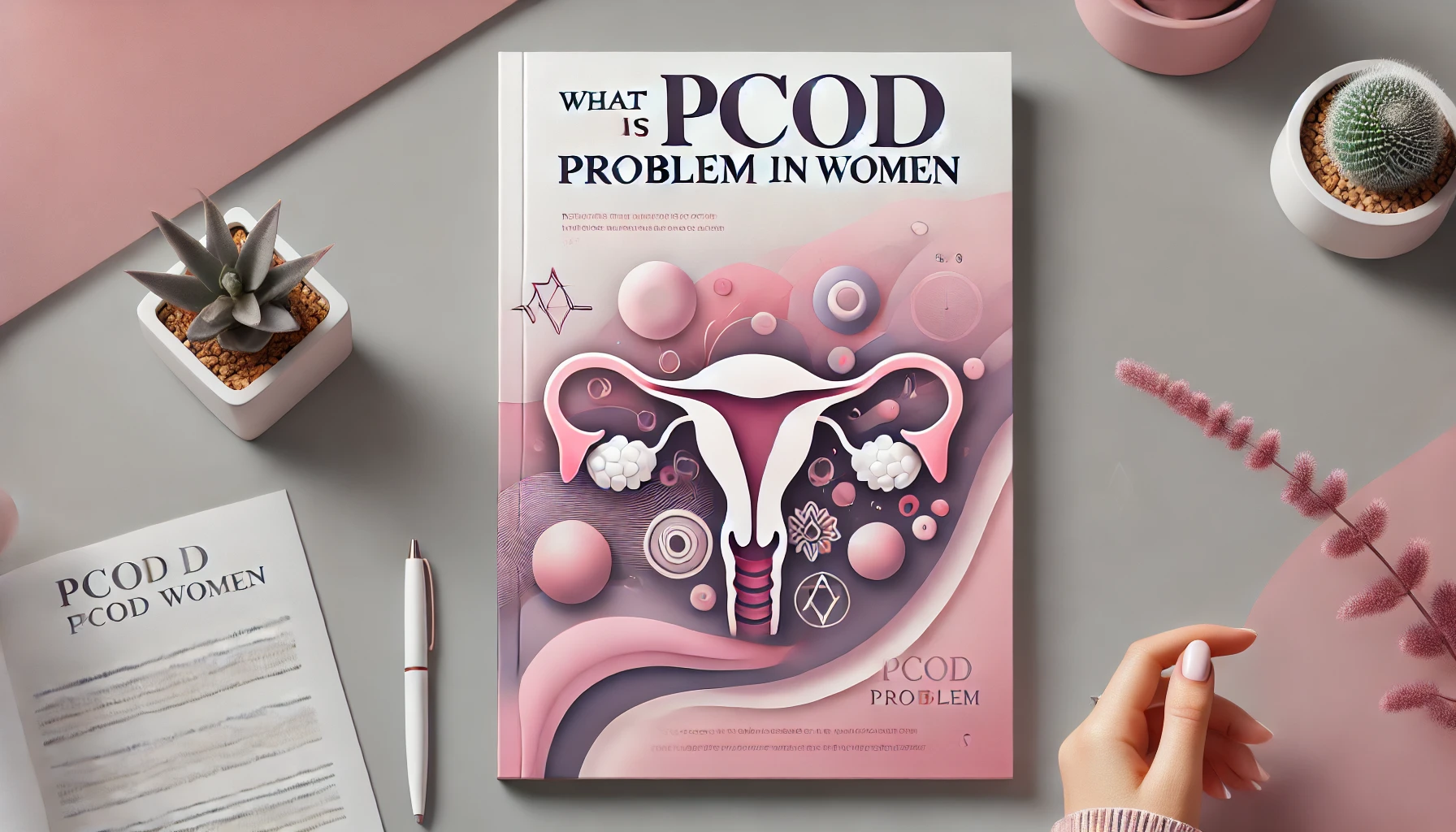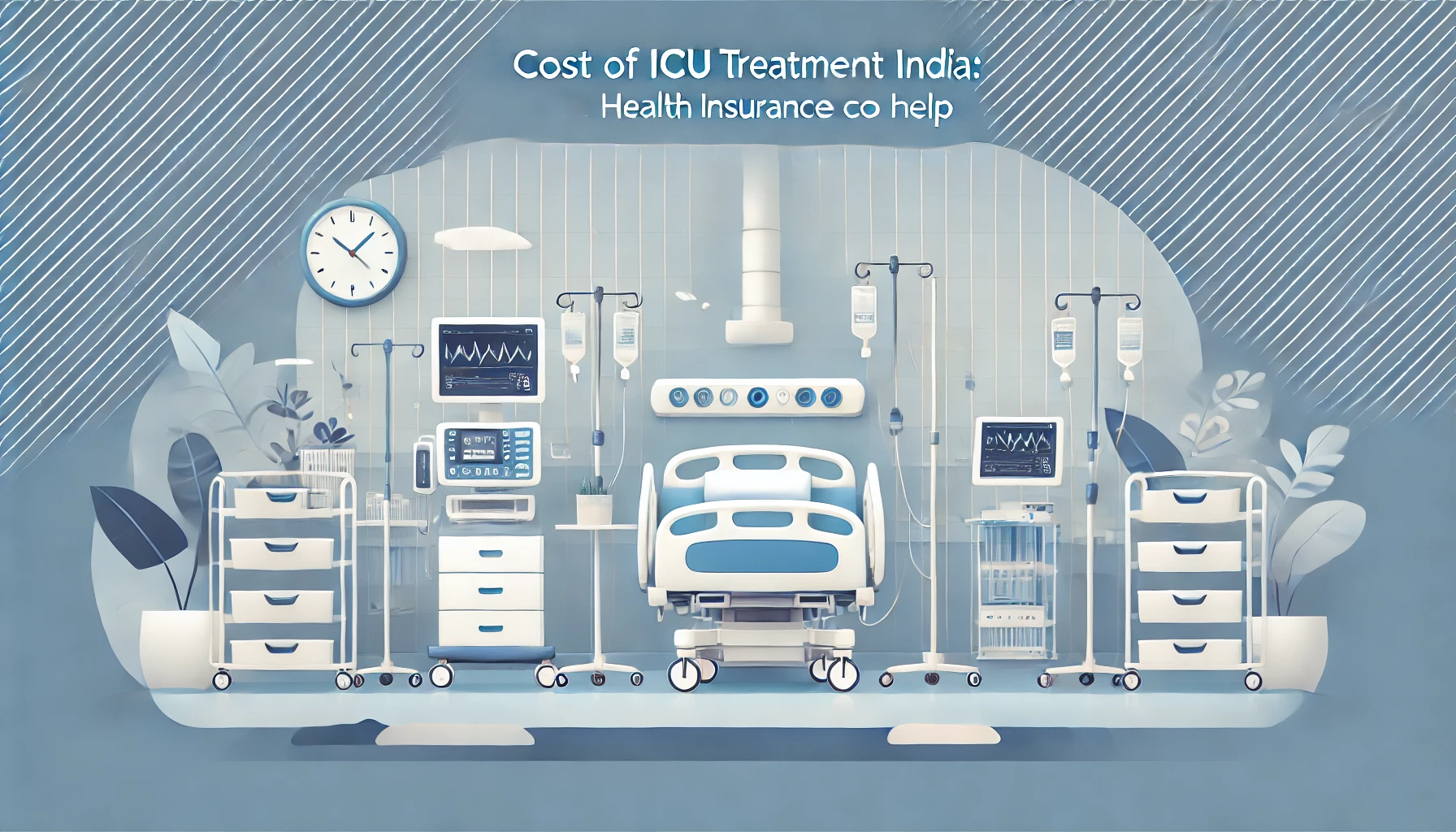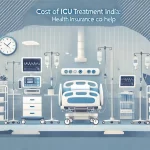Health insurance is an essential tool for managing medical expenses and ensuring access to quality healthcare. However, choosing the right plan can be overwhelming, especially with the myriad of options available in the Indian insurance market. Before purchasing a health insurance policy, it’s crucial to have a thorough understanding of the coverage, exclusions, and conditions that come with the plan. Asking the right questions can help you make an informed decision that suits your healthcare needs. In this blog, we’ll explore five critical questions to ask an insurance company before buying health insurance in India.
1. What Is Covered Under the Policy?
The first and most important question to ask is what exactly the policy covers. Health insurance policies vary widely in terms of the treatments, procedures, and services they cover. Ensure that the policy covers major hospitalization expenses, outpatient treatments, day-care procedures, and other essential healthcare needs. Some policies may also include maternity benefits, critical illness cover, and pre-existing condition coverage.
| Coverage Type | Explanation |
|---|---|
| Hospitalization Costs | Covers expenses for hospital stays, room rent, and surgeries |
| Pre and Post-Hospitalization | Covers medical expenses incurred before and after hospitalization (for a specific period) |
| Day-Care Procedures | Covers treatments that do not require a 24-hour hospital stay (e.g., cataract surgery) |
| OPD (Outpatient Department) Care | Covers doctor visits, diagnostic tests, and medication without hospitalization |
| Maternity Benefits | Some policies offer coverage for pregnancy and childbirth-related expenses |
2. What Are the Exclusions and Waiting Periods?
Every health insurance policy comes with exclusions, meaning certain conditions, treatments, or illnesses that are not covered. It is critical to ask the insurance company about the exclusions to avoid surprises when filing a claim. For instance, some policies exclude coverage for specific treatments like cosmetic surgery or alternative treatments like Ayurveda or homeopathy.
Additionally, most health insurance policies have waiting periods for certain pre-existing conditions. This means that you cannot claim benefits for these conditions immediately after purchasing the policy. Understanding the exclusions and waiting periods will help you plan for any medical expenses that might not be covered initially.
Historical Data: Common Exclusions in Indian Health Insurance
According to the IRDAI (Insurance Regulatory and Development Authority of India), most health insurance policies in India exclude cosmetic surgeries, dental treatments, and infertility treatments. In recent years, many insurers have started offering Ayush treatments, but the availability varies from policy to policy.
| Exclusion Type | Example |
|---|---|
| Cosmetic Treatments | Excludes procedures like rhinoplasty or Botox injections |
| Pre-Existing Conditions | Excludes coverage for conditions like diabetes or hypertension for a specific waiting period |
| Alternative Treatments | Excludes non-allopathic treatments unless specifically included in the policy |
3. How Are Pre-Existing Conditions Handled?
For many individuals, managing a pre-existing condition is a primary reason for purchasing health insurance. Insurers often impose a waiting period, ranging from 2 to 4 years, during which you cannot claim benefits for treatments related to pre-existing conditions. It’s essential to know how pre-existing conditions are treated in the policy and whether the waiting period can be waived or reduced by paying a higher premium.
Impact of Pre-Existing Conditions on Premiums in India
Historically, individuals with pre-existing conditions have faced higher premiums and longer waiting periods. However, reforms introduced by the IRDAI in 2020 have mandated that insurers cannot reject a policy renewal based on worsening pre-existing conditions. According to a 2022 study, premiums for policies covering pre-existing conditions have increased by 15% due to the rise in chronic diseases like diabetes and hypertension.
4. What Is the Claim Settlement Process?
The claim settlement process is crucial for ensuring that you receive timely and hassle-free reimbursement when you need medical treatment. Ask the insurance company about the step-by-step process for filing claims, including whether they offer cashless treatment at network hospitals or reimbursement after treatment. Inquire about the claim settlement ratio (CSR) of the insurance provider, which indicates the percentage of claims settled compared to the total number of claims received. A higher CSR signifies a more reliable insurance provider.
Historical Data: Claim Settlement Ratios in India
According to the IRDAI Annual Report 2021, the average claim settlement ratio across the Indian insurance market was around 85%, with some companies exceeding 95%. Leading insurers like Star Health and New India Assurance consistently report high CSRs, making them preferred choices for policyholders.
| Insurance Company | Claim Settlement Ratio (2021) |
|---|---|
| Star Health Insurance | 96.5% |
| New India Assurance | 92.2% |
| HDFC ERGO | 88.6% |
5. Are There Any Sub-Limits or Caps on Coverage?
Sub-limits or caps are restrictions imposed by the insurer on the amount they will pay for specific treatments or services. For example, a policy may cover hospitalization but limit the daily room rent to ₹5,000 per day, which may not be sufficient if you choose a private room. Understanding these sub-limits ensures that you are aware of any potential out-of-pocket expenses you may incur.
| Type of Sub-Limit | Example |
|---|---|
| Room Rent Limit | Restricts coverage for room rent to a certain amount per day |
| ICU Charges Cap | Limits coverage for Intensive Care Unit (ICU) expenses |
| Surgery Limits | Imposes a cap on how much the insurer will cover for specific surgeries |
| Ambulance Charges Limit | Limits the reimbursement for ambulance services during emergencies |
Additional Considerations When Choosing Health Insurance
Beyond these five questions, there are several other factors to consider when purchasing health insurance in India. Here are a few:
- Co-Payment and Deductibles: Some policies include a co-payment clause, which means you must pay a percentage of the claim amount. Higher co-payments usually result in lower premiums, but it is important to choose a plan with co-pay terms that suit your budget.
- No-Claim Bonus: Insurers often offer a No-Claim Bonus (NCB) if you do not make any claims during the policy year. This bonus can either reduce your future premiums or increase your coverage amount without additional costs.
- Portability Option: Health insurance portability allows you to switch from one insurer to another without losing benefits like accumulated No-Claim Bonus or waiting periods. Ensure that the policy you choose offers portability in case you decide to switch insurers in the future.
Historical Data: Health Insurance Premium Trends in India
Health insurance premiums in India have risen steadily due to factors like medical inflation and increased awareness about healthcare. Between 2016 and 2021, health insurance premiums grew by 18% annually, with more people opting for comprehensive policies. According to a report by ICICI Lombard, medical inflation has driven up premiums, but competition among insurers has led to more affordable and flexible policy options.
Conclusion
Choosing the right health insurance policy in India can be a daunting task, but asking these five questions can simplify the process and ensure that you make an informed decision. From understanding what is covered under the policy to learning about the claim settlement process, these key questions will help you select a health insurance plan that offers the best value for your healthcare needs.

What Is Dietary Fiber?
Dietary fiber is a plant-based nutrient essential for digestive health. Unlike proteins, carbohydrates, and fats, …

What is Beta Carotene?
Beta-carotene is a red-orange pigment found in plants and fruits, especially carrots and colorful vegetables. …

What are Vitamins?
Vitamins are organic compounds essential for the body to function properly. They are required in …

10 Reasons Why Sweet Potato is a Superfood
Sweet potatoes are not only delicious but also incredibly nutritious, earning their title as a …

उच्च रक्तचाप के मुख्य कारण और समाधान
उच्च रक्तचाप का इतिहास और इसकी समस्या उच्च रक्तचाप, यानी हाई ब्लड प्रेशर, एक गंभीर …

Health Benefits of Tulsi Leaves You Must Know
The History and Origin of Tulsi Tulsi, also known as Holy Basil, holds a sacred …

How to Lower SGPT and SGOT Levels in the Liver?
SGPT (Serum Glutamic Pyruvic Transaminase) and SGOT (Serum Glutamic Oxaloacetic Transaminase) are enzymes produced by …

What is PCOD Problem in Women?
Polycystic Ovary Disorder (PCOD) is a hormonal condition affecting millions of women worldwide, primarily during …

ICU Full Form Types and Equipments
The full form of ICU is Intensive Care Unit—a specialized section of hospitals dedicated to …

How Health Insurance Can Help in Managing Respiratory Diseases
Respiratory diseases, including asthma, chronic obstructive pulmonary disease (COPD), and respiratory infections, are prevalent in …

How Health Insurance Can Be Used as an Investment Tool
Health insurance is traditionally viewed as a means to protect oneself from the financial burden …

5 Essential Questions to Ask Before Buying Health Insurance
Health insurance is an essential tool for managing medical expenses and ensuring access to quality …

5 Tips to Choose the Right Health Insurance for COPD
Chronic Obstructive Pulmonary Disease (COPD) is a major health issue affecting millions in India. This …

At What Age Should You Opt for Health Insurance
Health insurance is a crucial financial tool that protects individuals from unexpected medical expenses. However, …

Cashless Claim in Health Insurance
Health insurance plays a critical role in ensuring financial protection against rising medical costs. One …

3 Positive Changes That Can Improve Your Health and Well-being in India
In today’s fast-paced world, maintaining good health is often a challenge. However, making a few …

3 Major Advantages of Having Health Insurance in India
Health insurance is no longer an option but a necessity in today’s world, especially in …

3 Must-Have Benefits in Your Health Insurance Policy for Maximum Coverage
Health insurance has become an essential part of financial planning in India, particularly with rising …

3 Benefits That Make Health Insurance Absolutely Necessary in India
Health insurance has become a critical part of financial planning in India. Rising medical expenses, …


















